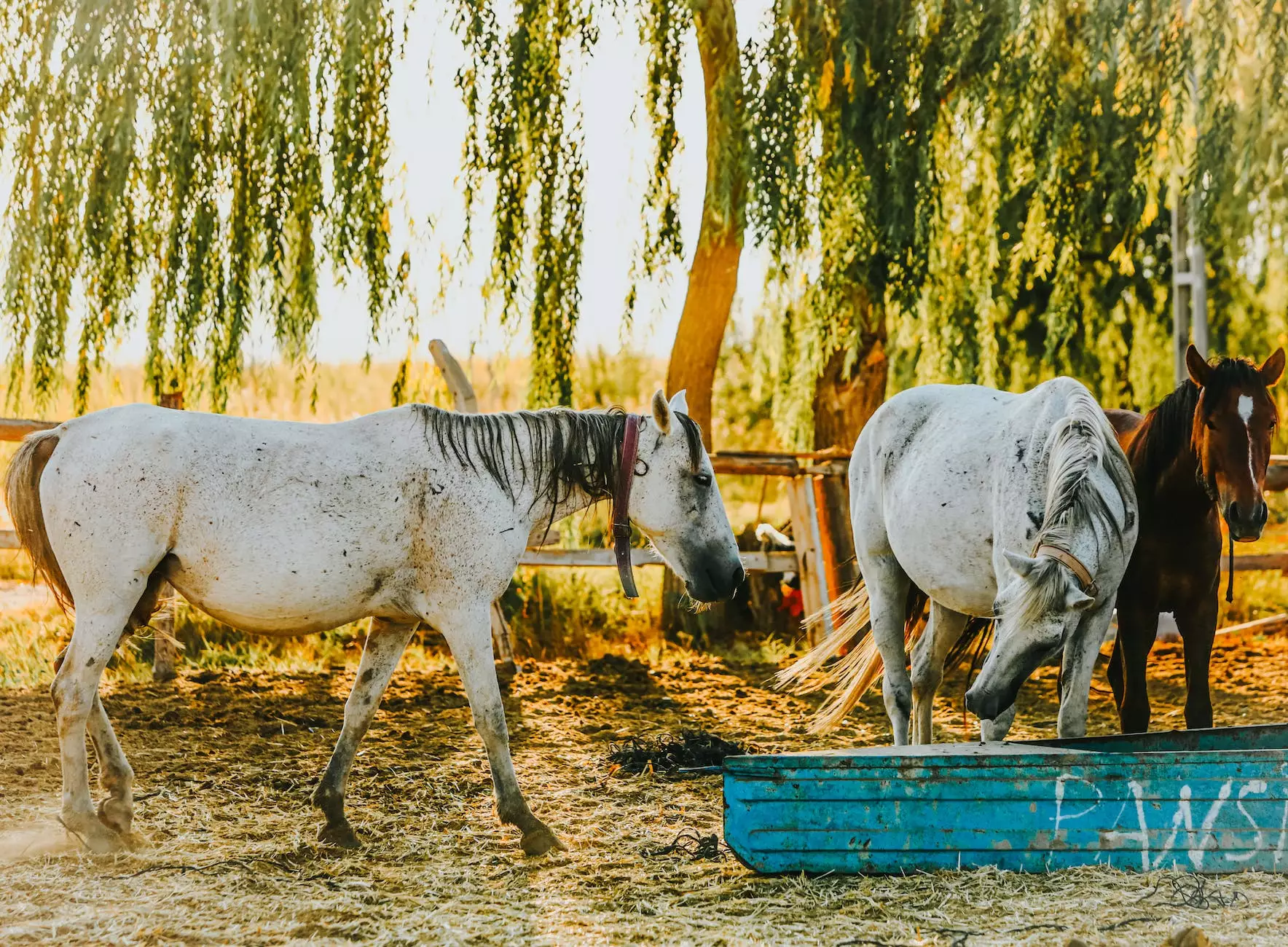Fleas - A Comprehensive Guide for Horse Owners
Resources
The Importance of Flea Protection for Horses
As a horse owner, it is crucial to understand the impact that fleas can have on your horse's health and well-being. While fleas are commonly associated with dogs and cats, they can also infest horses, causing various problems if not properly controlled.
Understanding Flea Life Cycle and Habits
Before we delve into effective flea control methods, it's important to have a basic understanding of the flea life cycle and habits. Fleas go through four main stages: eggs, larvae, pupae, and adult. They thrive in warm and humid environments, laying their eggs in areas frequented by horses, such as bedding and stalls.
Once the eggs hatch, the larvae feed on organic debris present in the environment, eventually becoming pupae. Pupae can remain dormant for weeks or even months before developing into adult fleas. Understanding this life cycle is crucial in implementing an effective flea control strategy to break the cycle.
The Challenges of Flea Infestations in Horses
Horses can develop flea infestations from contact with infected animals or environments. Fleas can bite horses, leading to itching, skin irritation, and discomfort. In severe cases, excessive scratching can cause open sores and secondary infections. Additionally, some horses may experience allergic reactions to flea saliva, further exacerbating the issue.
Effective Flea Control Measures for Horses
When it comes to flea control for horses, prevention is key. Here are some essential measures horse owners should take:
1. Regular Grooming and Inspection
To minimize the risk of fleas, make it a habit to groom your horse regularly. This involves brushing their coat, checking for signs of fleas, and paying close attention to areas such as the mane, tail, and belly where fleas tend to hide.
2. Maintaining a Clean Environment
Keep your horse's environment clean and free from potential flea breeding grounds. Regularly clean and disinfect stalls, remove manure promptly, and regularly wash or replace bedding.
3. Treating Infected Horses
If your horse is already infested with fleas, swift action is necessary to eliminate them. Consult with your veterinarian for suitable flea treatment options. There are various products available, including topical treatments, sprays, and shampoos, specifically formulated for horses.
The Role of Laser Therapy in Flea Control
Lasers4Horses is at the forefront of equine health innovation, providing horse owners with advanced solutions to various health issues, including flea control. Laser therapy has shown promising results in managing fleas, addressing the problem at its source.
How Does Laser Therapy Help?
Laser therapy utilizes low-intensity lasers to target and eliminate flea eggs, larvae, and adult fleas. It is a safe and non-invasive method that effectively disrupts the flea life cycle, preventing the reinfestation of your horse and reducing the need for chemical treatments.
The Benefits of Laser Therapy for Flea Control
Choosing laser therapy for flea control offers several benefits:
- Non-Toxic: Laser therapy is a chemical-free alternative to traditional flea control methods, minimizing the risk of adverse reactions or irritations.
- Reduced Reliance on Chemicals: By incorporating laser therapy, horse owners can reduce the need for frequent chemical treatments, promoting overall equine health.
- Non-Invasive: Laser therapy is non-invasive, ensuring minimal stress and discomfort for your horse during treatment sessions.
- Long-Term Results: Laser therapy disrupts the flea life cycle, providing long-lasting results and reducing the likelihood of reinfestations.
Conclusion
Protecting your horse from fleas is not just about providing comfort but also ensuring their overall health and well-being. By understanding the flea life cycle, implementing effective control measures, and considering innovative solutions like laser therapy from Lasers4Horses, you can provide your horse with the best protection against fleas and associated complications.



